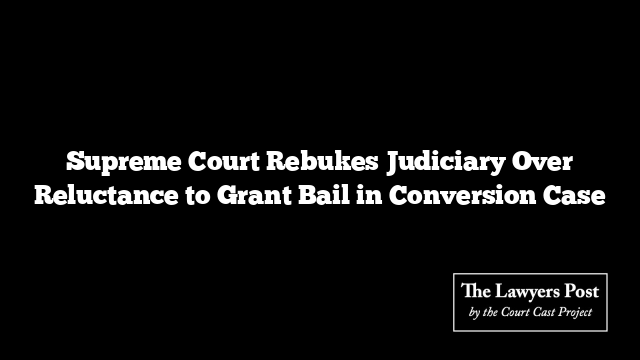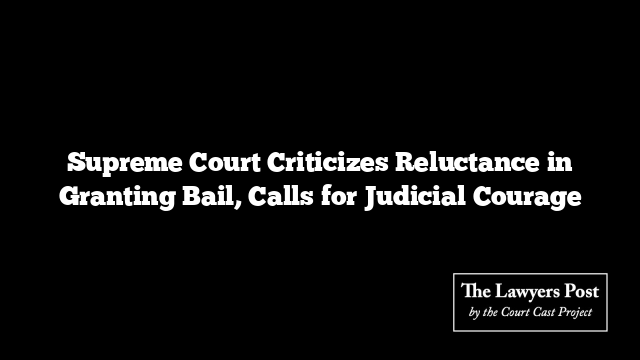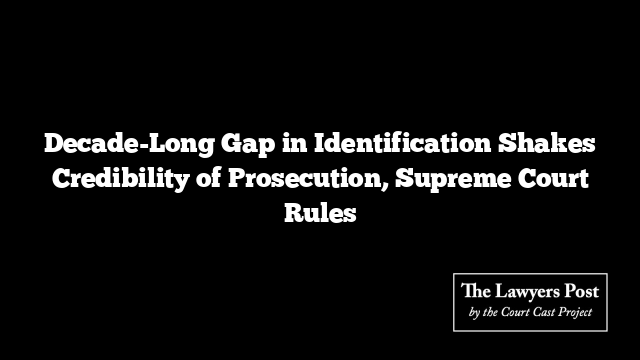The Supreme Court has sharply criticized judicial reluctance in granting bail, asserting that offences like illegal religious conversion cannot be equated with heinous crimes such as murder, dacoity, or rape. This statement came as the apex court granted bail to a cleric accused of converting a mentally challenged boy to Islam.
A Bench comprising Justices JB Pardiwala and R Mahadevan condemned both the trial court and the Allahabad High Court for denying bail in the case. They emphasized the importance of judicial discretion, pointing out that extensive training and seminars are conducted to guide lower courts on bail considerations. Despite these efforts, many judges continue to exercise undue caution.
“Trial courts often lack the courage to grant bail, irrespective of the nature of the offence. However, we expected the High Court to rise above such reluctance and exercise its discretion judiciously,” the Bench remarked.
The cleric, facing charges under the Indian Penal Code for intentional insult and criminal intimidation, as well as the Uttar Pradesh Prohibition of Unlawful Conversion of Religion Act, 2021, had been repeatedly denied bail by lower courts. The Supreme Court, in its observations, underscored that this case should never have reached its doors, lamenting the systemic tendency to defer bail decisions to higher courts.
“Discretion in granting bail cannot be dictated by personal whims or exaggerated perceptions of the seriousness of an offence like conversion,” the Court asserted. It further questioned the rationale behind withholding bail, noting that proper conditions could have ensured the petitioner’s release without jeopardizing the prosecution’s case.
The Court’s critique extended beyond this specific case, highlighting a larger issue of judicial inefficiency. “The unnecessary burden on High Courts and now even the Supreme Court is largely due to the trial courts’ unwillingness to take bold and reasoned decisions,” the Bench observed.
In granting bail, the Supreme Court reiterated the need for a balanced approach to justice, where the severity of an alleged offence is carefully weighed against the principles of individual liberty.





